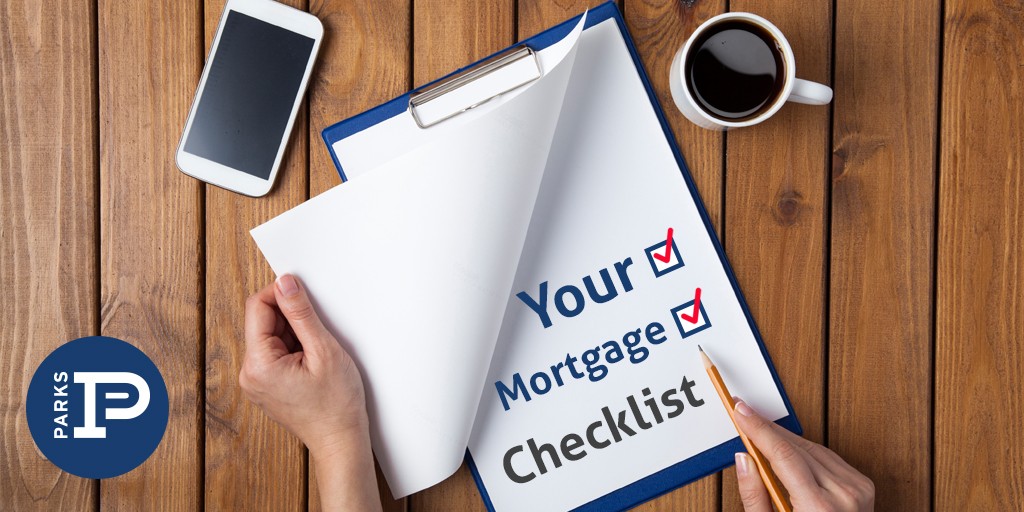Your Mortgage Checklist
Posted by Jenni Barnett on Wednesday, February 17th, 2016 at 4:31am.
Your Mortgage Checklist

Buying a home is one of the most notable milestones in anyone’s life. It’s especially significant if it’s your first home! Naturally, making the decision to purchase a property is a huge investment of your money and your emotions. Because of that, it is crucial that you know precisely what you’re getting into before signing on the dotted line.
What You’ll Need to Provide When Applying for a Mortgage:
• Personal information, such as your full name, birthdate, social security number and address
• Proof of your current income (pay stubs, bank statements, job contract)
• Job history, federal tax returns and federal W-2 forms for the past two years
• Social Security benefit information (if applicable)
• Retirement/pension benefit details (if applicable)
• Proof of child support or alimony (Final Judgement of Divorce and PSA – if applicable)
• Recent credit report – explaining any late or missed payments
• List of any other properties you currently own
• Any prior bankruptcy details (if applicable)
• Proof of your down payment funds
• Signed purchase agreement between you and seller
• Proof of homeowner’s insurance
Once you have everything on the above checklist, you are ready to formally apply for a mortgage loan. Now, we will move on to discuss the details included in the mortgage paperwork itself.
Important Details to Look for in Your Mortgage Paperwork:
What type of loan are you applying for? The two main types of mortgage loans – variable and fixed.
- A variable rate mortgage is also called an adjustable rate mortgage, because your interest rate can change over the length of your loan. Applying for a variable rate loan is a good idea if you are on a tight budget because they offer lower rates initially. Over time, the interest rate will go down or (most typically) up in line with the average interest rates on the market.
- Fixed rate mortgages lock in an interest rate at the time you sign your loan paperwork and the rate will not change throughout the entirety of buy cheap cialis online your loan unless you refinance. Although fixed rates are generally higher than variable rates at first, their main advantage is that buyers won’t have payment shock, which can happen when mortgage payments suddenly jump up due to an increase in the variable interest rate.
What is the length of your mortgage loan?
Be aware of any and all fees associated with your loan. Know this: when you take out a mortgage loan, you are paying for more than just the property you’re buying. Lenders write a lot of fees into mortgage paperwork – many of which are legitimate. It’s important to look for hidden and/or unnecessary fees and speak up about them when and if you discover any.
Inquire about mortgage insurance. If you’re making a down payment of less than 20% of the full loan amount, you’ll likely be required to pay for mortgage insurance to protect your lender against the potential of you defaulting on the loan.
Find out whether or not there is a balloon payment clause. More frequently seen in commercial real estate, balloon payments are a large payment due at the end of the life of a mortgage that did not fully amortize during its predefined terms.
Will you be penalized if you pay your loan off early?
Ils seraient bris jamais.prada handbags uk
AlGhazawi explica que la mejora de I D en el suministro de medicamentos exige una menor inversi inicial, y que la comercializaci inmediata del producto puede consistir en tres o cuatro a y no en los 10 12 que caracterizan al tipo de innovaci radical I D llevada a cabo por las grandes empresas estadounidenses y europeas en las que trabaj anteriormente.prada bag
Was it pass interference.borse gucci outlet
Spieth got congratulatory Tweets from stars like Oklahoma City”s Kevin Durant and about 200 texts and emails since the victory.mulberry bag outlet
This is not as worrying as it looks on the surface.escarpins louboutin







